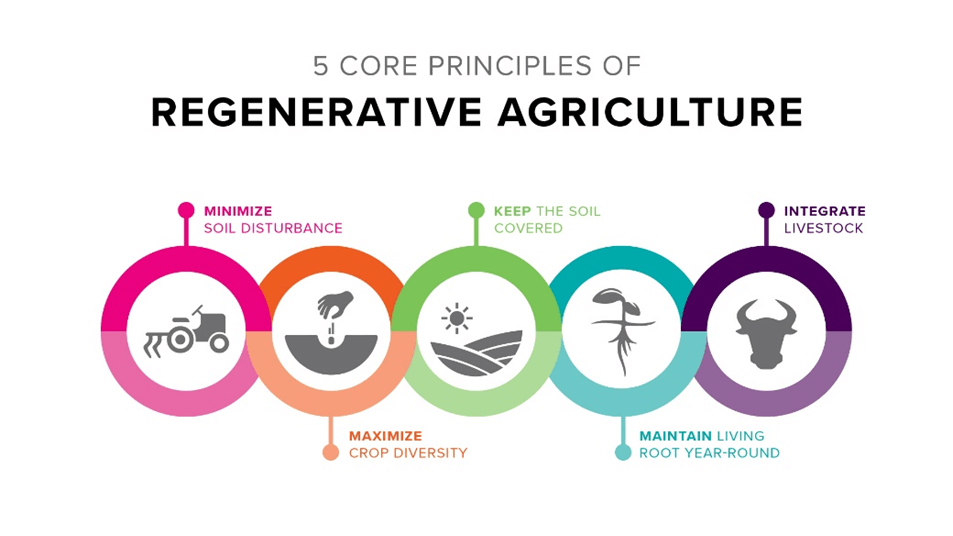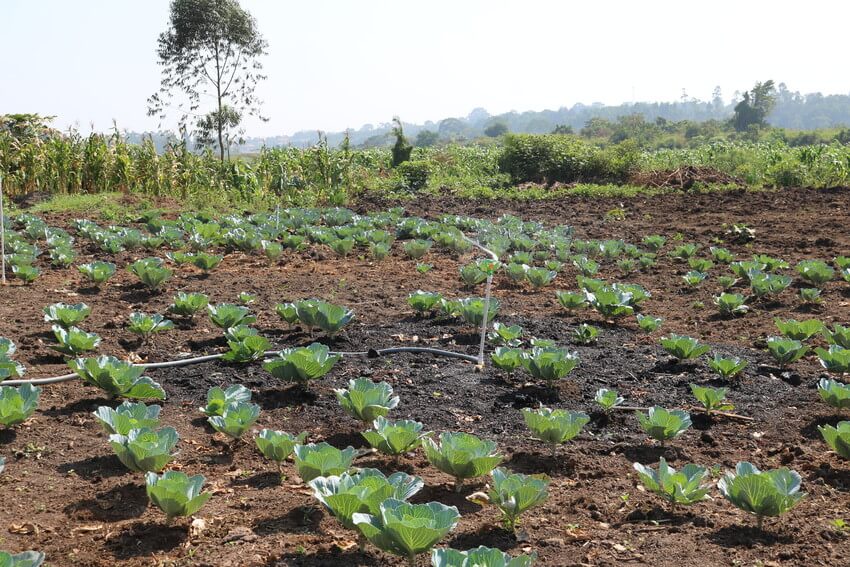In March 2023, Cyclone Freddy hit southern Malawi, creating floods and landslides that tragically caused over 1,000 deaths—including one of our clients—and displaced over 500,000 people.
It was one of the strongest storms ever recorded in the southern hemisphere.
At about the same time, California declared a state of emergency after a brutal winter storm knocked out power and trapped some residents inside their homes. California has faced an onslaught of powerful storms this winter, leading to record-breaking snowpack, nearly full reservoirs, and overflowing watersheds.
The impact of climate change can be felt everywhere—but for people who live in extreme poverty, the consequences are dire.
United Nations Rapporteur Philip Alston said in 2019 that a “climate apartheid” is right around the corner. Up to 200 million people could be displaced by climate-related events by 2050; people living in poverty in Africa are especially vulnerable.
For 52 years, Opportunity International has adapted and improved how we serve people living in extreme poverty. Building climate resilience has become part of our work—starting with how to better serve farmers—and will equip our clients with tools, resources, and knowledge to better withstand climate shocks. The four principles of our approach to climate resilience are rooted in our commitment to collaborating with people where they are and listening to their needs:
- Address climate as a cross-cutting theme in all Agriculture Finance programming
- Focus on climate adaptation, not mitigation
- Build solutions led by locals
- Leverage impact through partnerships
The goal: resilient communities, including a range of measurable impacts such as soil and water health, economic prosperity, improved nutrition, holistic farming, and gender equity.
.jpg)
AGRICULTURE FINANCE AND CLIMATE
Opportunity’s Agriculture Finance team is deploying two tactics to build climate resilience:
- Regenerative agriculture is a system of farming principles and practices that increases biodiversity, enriches soils, improves watersheds, and enhances ecosystem services. Regenerative agriculture can be adopted gradually, one principle at a time—including interventions focused on minimizing soil disturbance, maximizing crop diversity, keeping the soil covered, maintaining living roots year-round, and integrating livestock.

- The Climate Collateral Alliance, founded by Opportunity and other mission-minded organizations, will promote agriculture activities with proven potential of supporting communities to thrive in response to climate crises. Members represent leading promoters of social development, financial inclusion, and impact investors.
Following our proven model of working with smallholder farmers and enabling access to training, financial resources, and group support, our work with farmers on climate adaptation will be rooted in local communities and defined by knowledge-sharing with goals of sustainability and independence. We’re working on three farmer/soil health pilots in Rwanda, Uganda, and Malawi. Healthy soil produces better harvests, meaning farmers can harvest more even on small plots of land; healthy soil means healthier crops that are more resilient to extreme weather events. Pilots build internal capacity and validate results that can be shared with stakeholders. Current pilots will focus on farmer adoption of the principles of regenerative agriculture shared via Opportunity’s Farmer Support Agent network and will measure the resulting changes in farm yield and household income.

The current priority is climate adaptation measures over mitigation (which focuses on offsetting the causes of the climate crisis). This does not mean that green mitigation solutions will be ignored, but rather the inclusion of these will be based on the potential impact on our clients.
Critically, we will support our financial institution partners with resources to strengthen their work in climate resilience. We will support financial institution partners with climate risk reviews, financial product adaptation, and impact reporting. In turn, we will collaborate with those partners to identify appropriate support for our clients—loan guarantees, client collateral easement, and interest rate subsidies. This work requires patience, listening, and a solution-oriented mindset. Tim Strong, Head of Agriculture Finance, remarked, “We want to make sure the grandchildren [of our clients] have farms to farm on in the future.”
OUR CLIENTS: WHY WE’RE TAKING ACTION
Most of Opportunity’s 18.7 million clients across 33 countries are among the most vulnerable to extreme weather and climate shock. Incorporating climate resilience into our work strengthens our ability to enable people to build livelihoods and live in resilient communities. The work is complicated, intentional, longitudinal in scope—and absolutely necessary.
“Climate change is an additional threat to our objective of ending poverty,” said Stéphane Hallegatte, a senior economist with the World Bank’s Climate Change Group. “Poor people are already very vulnerable to climate-related shocks…Climate change will make a lot of these shocks more frequent and more intense, and this creates a threat. But the good news is that between now and 2030, good development…can prevent most of the impacts.”

.jpg)
